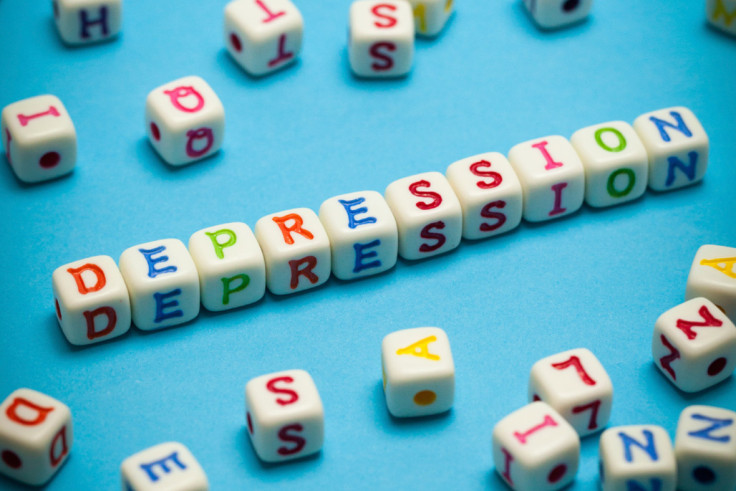What is the difference between depression and atypical depression?
Mental illness comes in many different forms.

Depression is not a one-size-fits-all condition. The symptoms are complex and varied, ranging from low moods and insomnia to feelings of irritability and a lack of energy. Many people with depression have feelings of anxiety. Some people have problems with decision-making or concentration.
This World Health Day, marked on 7 April, is about depression and its impact. It is the leading cause of ill health and disability around the world and according to the World Health Organisation, more than 300 million people are living with depression – which is an increase of 18% between 2005 and 2015.
More often than not, people with depression are stereotyped in the same way. But mental illness can manifest in different ways. There are many different subtypes of depression and one of the most common – despite its name – is atypical depression.
Like clinical depression, it is a health condition characterised by feelings of unhappiness and hopelessness, as well as other psychological and physical symptoms such as fatigue.
One of the key characteristics of atypical depression, however, is that an individual will see their mood improve in reaction to something positive happening. That being said, someone with atypical depression will still experience the same, debilitating symptoms of depression. An increased appetite, weight gain and problems with sleep have all been associated with atypical depression.
As is the case with high-functioning depression, in which the person appears to function normally on the surface but suffers silently, it is essential that people with all types of mental illness receive the treatment they need.
"Depression is a complex condition that differs from person to person," says Richard Colwill, spokesperson for the charity SANE.
"It can also vary greatly in its severity, and there are a number of different types, including postnatal depression, seasonal affective disorder and bipolar disorder (formerly manic depression).
"For some people depression may be related to their circumstances or experiences, but for others there may be no clear reason behind their illness, which may involve a range of psychological and physical symptoms that undermine a person's work and home life.
"If you have been feeling persistently low for more than two weeks, it is essential that you visit your GP, who should be able to advise you on what types of treatment are available. Untreated depression can worsen over time, so the sooner you can receive the help you need, the better your chances are of making a good recovery."
© Copyright IBTimes 2024. All rights reserved.






